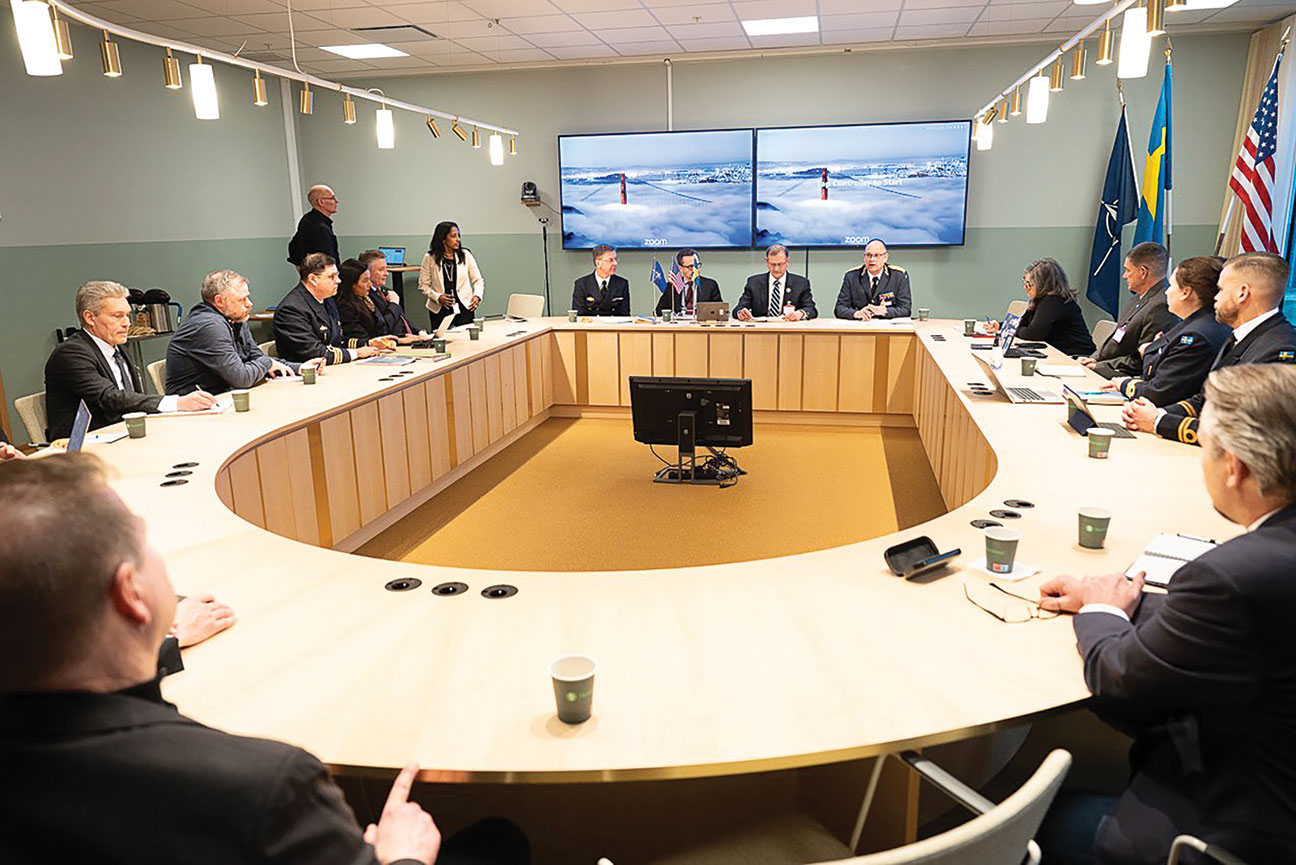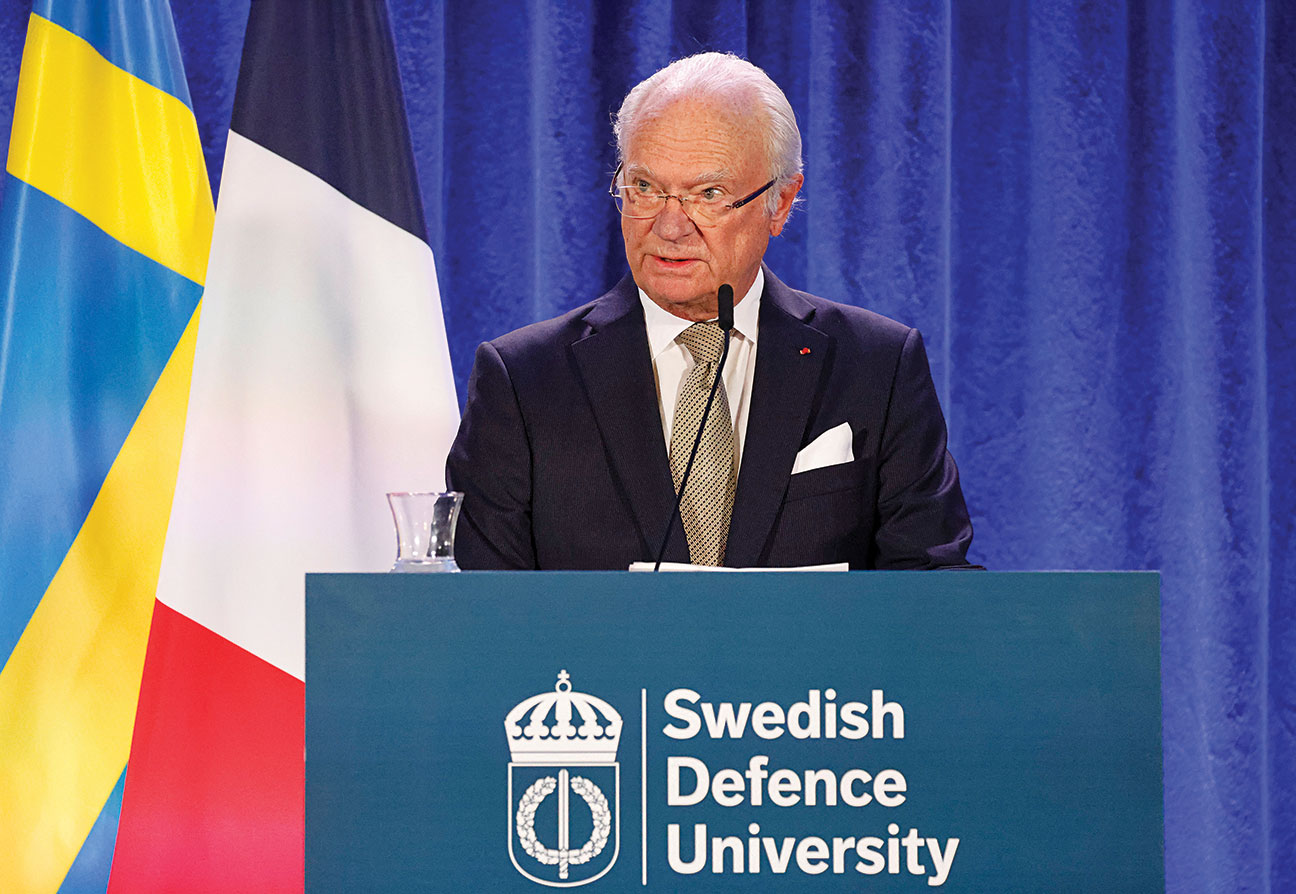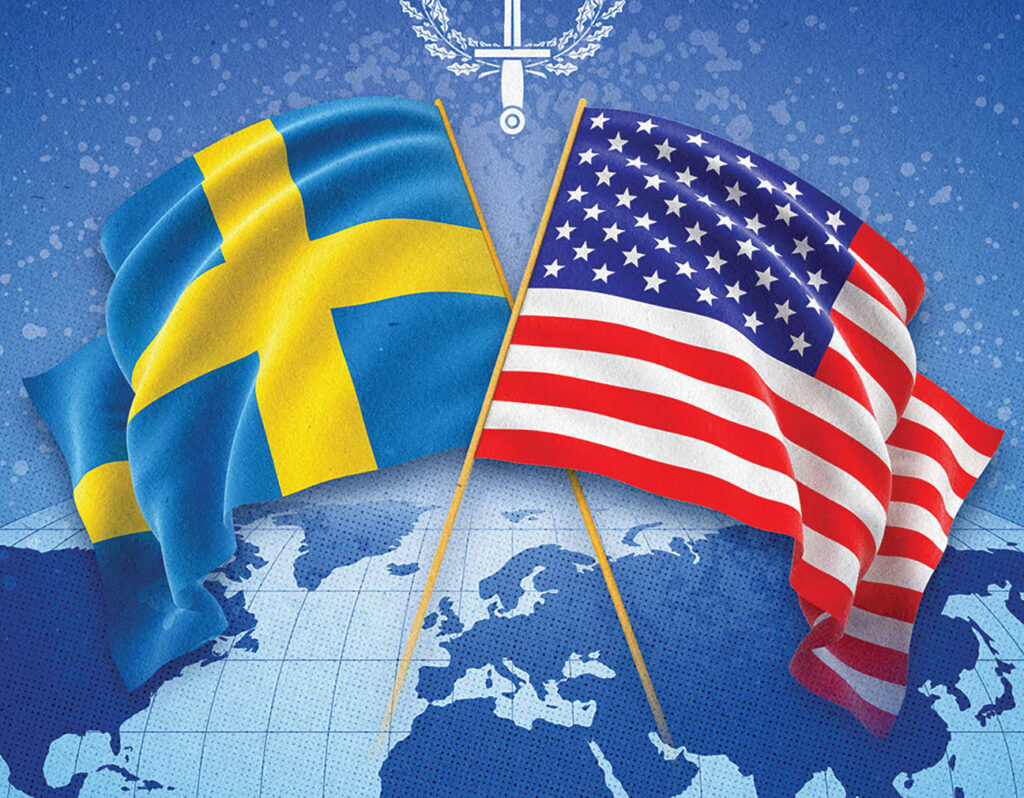In the early phase of the Cold War, states on the Scandinavian peninsula — guided by a shared set of democratic values — were integrated into the U.S.-led Western security system. Denmark and Norway became founding members of NATO in 1949. Sweden, motivated by its concern that the Soviet Union might respond by invading neighboring Finland if it joined NATO, maintained a progressive policy of nonalignment but formed close military ties to the United States from 1949 through 1952. Through a convincing move in response to the start of the 2022 Russia-Ukraine war, Finland persuaded Sweden to jointly apply for NATO membership. In 2024, 40 years after joining NATO’s Partnership for Peace program, Sweden became a member of the most powerful alliance in the history of the world.
In 2025, forums that have long successfully fostered cooperation, coordination and interaction on sustainable development — e.g., the Arctic Council and the Barents Euro-Arctic Council — are withering in a region increasingly marked by geostrategic and geoeconomic competition. Nevertheless, bi- and multilateral cooperation remains imperative to Sweden’s security. In 2023, the Swedish presidency of the ever-deepening Nordic Defence Cooperation (NORDEFCO) focused on support for Ukraine and adaptation to the new security situation in Europe. The bi- and multilateral agreements of NORDEFCO complement its member states’ obligations to NATO. The organization benefits from its increased capacity to conduct joint operations, primarily at the onset of a regional crisis or conflict. The fact that all Nordic states are NATO members improves the military strategic situation in northern Europe.

A vibrant, expanding Swedish Defence University
The Russia-Ukraine war threatens Europe. Accordingly, the Swedish Parliament in October 2024 approved increasing Sweden’s defense expenditure for 2025-2030, estimated to correspond to 2.4% of its GDP in 2025 and 2.6% in 2028. The demand for well-educated officers increases in step with the growth of the Swedish Armed Forces. Official Swedish Defence University (SEDU) statistics state that 298 cadets commenced their three-year education in the Officers’ Program — a 43% increase over 2022, and 243 officers and reservists were pursuing studies in SEDU’s Command and Staff Course and Joint Advanced Command and Staff Program in December 2024, including five officers from Finland, Germany, Lithuania, Norway and South Korea. These military education programs — core to SEDU’s mission — are adjusting to support Sweden’s full integration into NATO. This involves a disparate set of issues:
- Ensure that all involved hold national security clearances.
- Leverage the use of the English language.
- Apply NATO standards, doctrines and procedures.
- Strengthen cultural awareness of NATO and its member states.
- Adopt a focus on military operations relevant to defending NATO’s northern flank.
In its military education programs, SEDU nurtures military leaders’ ability to solve complex problems, plan, lead and make decisions. This requires giving individuals the ability to think critically. To this end, these programs offer a mix of theoretical studies, seminars, exercises, study trips and thesis courses. Select courses in SEDU’s Joint Advanced Command and Staff Program integrate workshops, tabletop exercises and war games organized with the U.S. National Defense University (NDU). SEDU regularly exchanges lecturers with the U.S. Army War College, the U.S. Marine Corps University, the U.S. Naval Post-Graduate School and the U.S. Naval War College.

SEDU takes pride in its thriving research environment, spanning the Departments of Political Science; War Studies; Military History; Systems Science for Defence and Security; Leadership and Command and Control; and International and Operational Law. All departments but Political Science contribute to SEDU’s military education programs. SEDU also organizes the Centre of Special Operations Research, the Center for Wargaming, the Centre for Societal Security and the Strategic Implications and Innovations Center (SIIC). These centers contribute to research, analysis support and education in their respective fields of expertise, e.g., total defense, societal security, crisis management, security and defense.
The SIIC strengthens the U.S.-Sweden partnership by offering venues for academia, corporations and public authorities to jointly develop common abilities in crisis management, defense and security. By gathering people with different skill sets and employing interdisciplinary methods, it contributes to innovation and development within research, education and business. Jointly with the NDU, the SIIC arranged two series of deterrence war games in the Baltic Sea region in 2019-2021 and the High North Deterrence Game in 2023-2024. Both series delivered tangible research and policy outputs.
SEDU has contributed to seminars, workshops and courses organized by — or co-organized with — the George C. Marshall European Center for Security Studies since 2018, and since 2022 also to those organized by the Ted Stevens Center for Arctic Security Studies (TSC). SEDU and the TSC signed a letter of intent for institutionalized cooperation in 2024, to be deepened by a memorandum of understanding.
The views expressed in this article are solely those of the authors and do not necessarily reflect the views of the Swedish Defence University.

